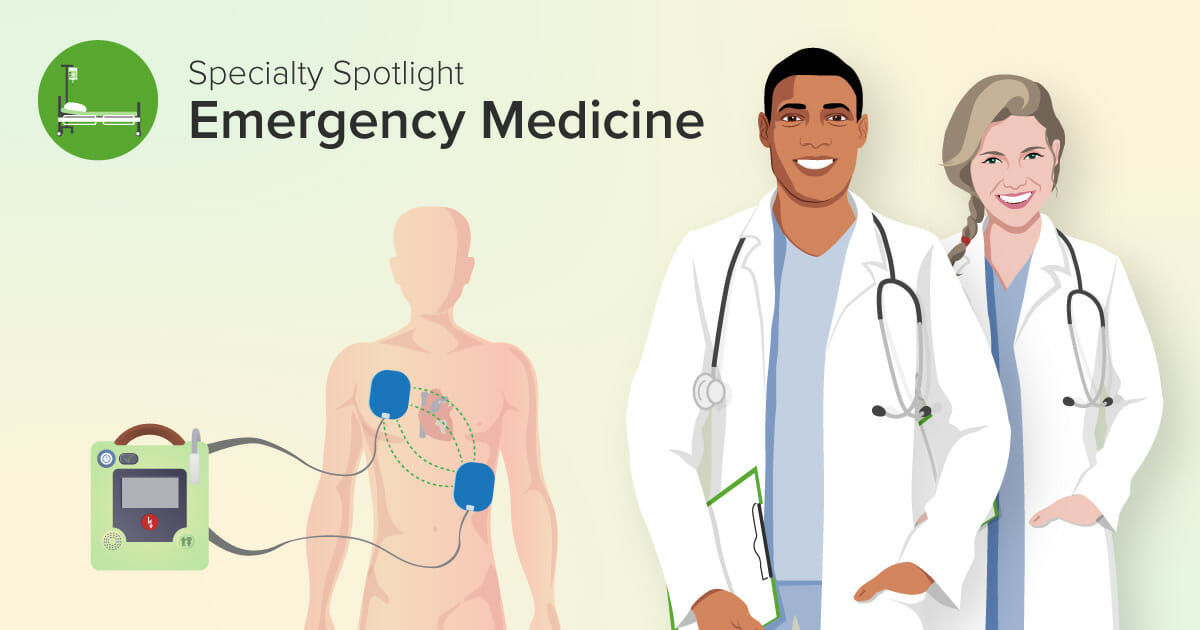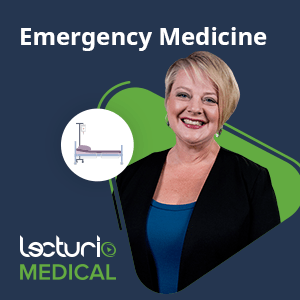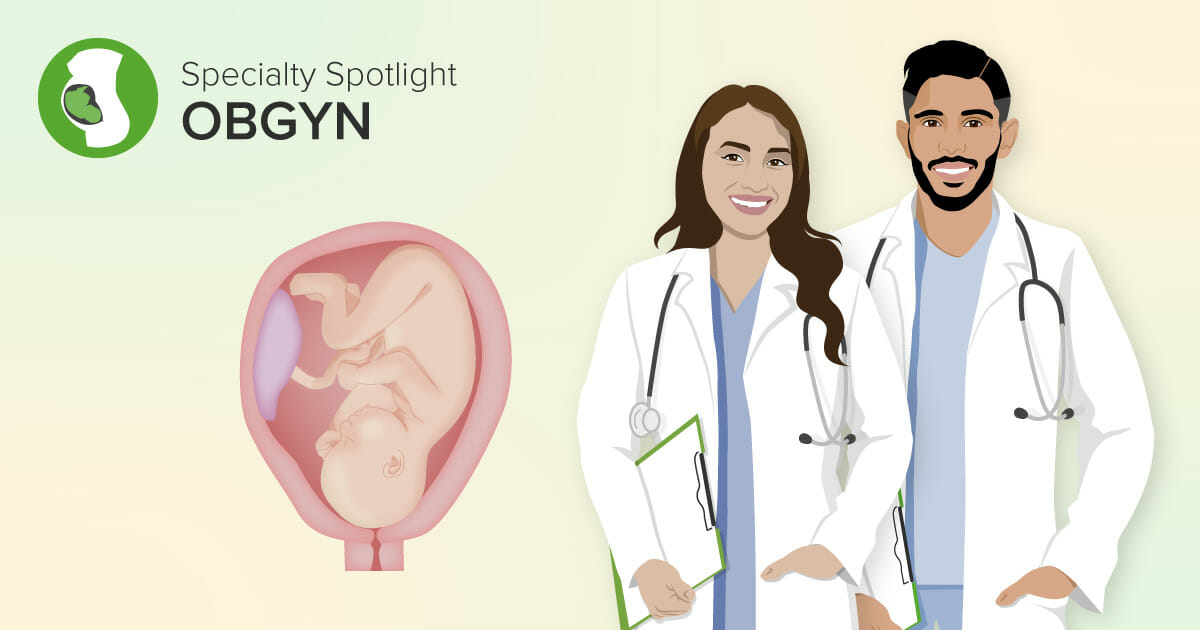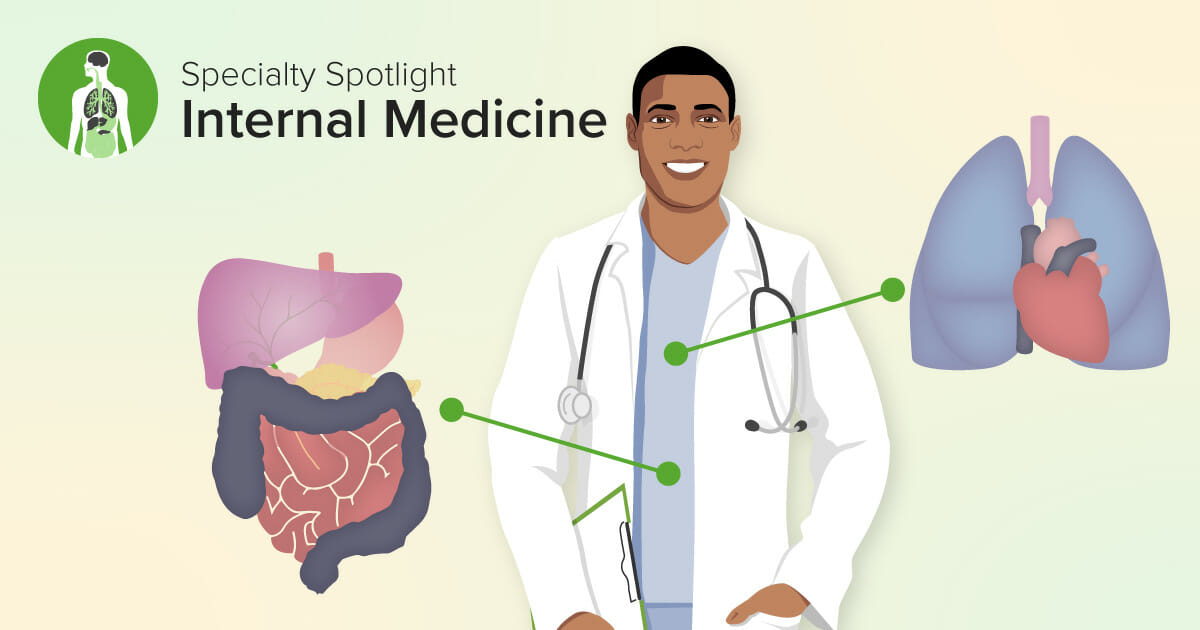Interview: What Do ER Doctors Do?
Q: Hi Jill! Where did you go to medical school, and what was that like for you?
A: I went to med school at Florida State University.
I actually did not enjoy med school, it was very hard! A lot of the times in the United States, undergrads don’t understand how difficult the time requirement in medical school is going to be.
You will study a lot more in depth, and I found myself spending almost all day, every day studying. Between study groups, attending lectures Monday through Friday, and studying on the weekends, too, you have very few days off. Every 4 weeks there are tests… In third and fourth year, the difficulty level becomes a bit different. Instead of only reading, at least now you’re physically interacting with patients and things get more fun, easier, and more hands-on. But then it’s also more difficult because even if you’re not directly responsible, now you’re actually taking care of patients!
Residency then is definitely still harder than med school, but of course it also really depends on where you go.
Q: Why and how did you decide on your specialty – did you always know, or did something push you in this direction?
A: I knew from 9th grade that I wanted to be a doctor, and I always thought I wanted to be an anesthesiologist. Obviously, I’m not now. I definitely had a very narrow view of what anesthesiologists and doctors in general did. When I got into rotations, I figured out that anesthesiology was not the specialty for me after all.
I actually settled on OBGYN then, and wanted to do that all the way until 4th year when I was interviewing. I wanted to stay in the same city where my husband was, though. In that city, there was only one OBGYN program that was very clear about working a huge amount of hours, no vacations… it would have been very difficult for me and my husband. So I kind of was forced to look at other stuff too, and people would always tell me in med school I’d be good at emergency medicine (EM). It was the second to last rotation and I thought I couldn’t even apply to that anymore, so I applied to a few alternatives like family medicine… and just off the side, the last day I did an interview and somehow, based on location, ended up in emergency medicine!
Take the Course: Emergency Medicine
Cover all emergency medicine essentials with Dr. Julianna Jung and Dr. Sharon Bord from Johns Hopkins University
Q: What does a typical day look like for you?
A: The ER is always busy. So I think one of the main differences between ER and other specialties is that in other specialties there’s the possibility you have an office which typically means a slower pace, maybe surgeries… it’s more likely to be a 8 to 5.
In EM, we don’t take call, but we are busy working in our shifts (10,11,12 hours) where you don’t have any time to rest. It is a typically very stressful environment. Schedules fluctuate a lot, too. You may be on days and nights in quick succession and it might change around a lot, which can take a toll.
Q: What’s the best or most interesting part of being in EM? What’s the most challenging?
A: Most challenging: We are the “advanced triage stabilization center” – lots of other physicians sometimes don’t understand how much we do to get their patients to a state where we can even call them and hand them over.
We need to see how sick patients really are, how quickly do they need to be seen, basically, are they dying or not… that is a very keen skill that every ER provider learns. Categorizing patients like this is vital – you can’t send the wrong patient home.
What’s wrong, what could I miss, what can I do, who do I need to call? Communication with other specialties is sometimes tense when we need to call people at 3 a.m., but in the ER, we are trying to make the best decisions and then have to advocate for them with every other specialty.
Best:
While the communication sometimes is challenging, it is nice that we are in contact with all other specialties. It’s great to be in this place where you work with everyone!
It’s also cool to go from a shoulder dislocation to a gunshot wound to a child with a fever – you walk from room to room, leave everything you just did, and focus on the new patient. It’s always something different!
We see all the high acuity, which is very exciting. It does make you feel important and can be fulfilling.
At least on the schedule front, it can be flip-flopping, but I can be very flexible with it, too. You may work 14 days in a row, but since we don’t have to be on call, if you can time it right by grouping your shifts together, you can get a nice block of time off too. A lot of other specialties don’t have that option. It’s easier to find vacation time in this specialty.
Studying medicine has never been easier.
Set yourself up for success with Lecturio.
Q: Tell me something unique about your field! Any crazy stories?
A: Taking care of two traumas and a cardiac arrest simultaneously doesn’t really happen to any other specialty. I have to be good at every specialty kind of – and I need to do so fast. I have to know “just enough” about everything to get by. It makes me feel equipped and confident in emergency situations to be able to do “something” in every situation to get a patient through. We are the people who know a bit of everything, and also have the confidence to apply it. In internal medicine, you also know a bit about everything, but for example they don’t do procedures like we do: we also deliver babies. Several specialties know a lot of different things, but in EM, you need to act on the knowledge you have very quickly.
The “not having to be on call” is another thing specific to EM medicine. Nobody likes being on call. So people think we have it easier, but then the stress on our shifts evens that out, I think.
We also work closely with emergency medical services (EMS) and police, so that is another cool, unique aspect of EM. You get to be there and help when things like mass shootings or terror attacks or catastrophes happen. The downside is that a lot of healthcare workers on the front lines get hurt as well.
Related videos
Q: What advice do you have for students deciding on their specialties?
A: You have to find something you LOVE to do. You have to really, really like it, because there will be lots of things you don’t like in every specialty that will drown out what you like (administrative stuff, for example). So if you don’t LOVE the parts you love, you will be miserable.
Your daily working life can be brutal and you still have to find joy and meaning among all that – you still have to love it getting up at 2 a.m., still love it when you’re tired, because it’s the only satisfaction you will get.
Also:
Make the most of your rotations. Get tired, give it your all.
Then you’ll see if you still like it when it drains you, and if you still find what you’re getting up for in the middle of the night interesting. That’s where you learn what you actually love.
Typically, EM physicians are quite type-A personalities. You have to decide what you like; if that is continuity of care and knowing your patients, that is something you won’t find in the ER.
Also, like it happened for me, there might be other factors playing into that decision, such as the whole matching process. But at the core, don’t do something you don’t love.
At a Glance: What is Emergency Medicine?
What do ER doctors do?
Emergency physicians diagnose and treat unexpected illnesses and injuries. (American Board of Medical Specialties, American University of the Caribbean School of Medicine)
Some specialities in emergency medicine include: (American Board of Medical Specialties)
- Emergency medicine services (EMS): Physicians specializing in emergency medicine services are experts in delivering medical care for critical injuries and illnesses.
- Hospice: Hospice physicians specialize in hospice work to prevent and relieve symptoms related to terminal illnesses.
- Sports medicine: Physicians specializing in sports medicine work to prevent, diagnose and treat injuries in sports and/or exercise.
How long does it take to become an ER doctor?
The total time it will take to become an emergency physician is close to 12 years. The detailed breakdown includes 4 years pursuing a bachelor’s degree, 4 years in medical school, and 3 to 4 years in residency. The time in residency could be extended if you pursue fellowship training. After you’re certified as an emergency physician, you will need to be re-certified every 10 years. (Hospital Careers)
What are the schooling requirements to become an emergency physician?
Emergency physicians need a bachelor’s degree in a related subject, such as biology or physics. Once you have received a bachelor’s degree, you must apply and be accepted to medical school where you will study to become a physician. While in medical school, the first part of your program will be dedicated to studying the sciences necessary for medical practice in a classroom. Some necessary sciences include anatomy, ethics, and physiology. The second part of your program will be dedicated to clinical rotations. After medical school, you will need to be matched into an ER residency. Once you’ve completed your ER residency, you will need to become board certified to work in an emergency room. (Study.com, Hospital Careers)
What is the emergency medicine lifestyle like?
Compared to other medical specialities, emergency physician report being as happy if not a little less happy in their work. The burnout rate for a emergency physician is average compared to other medical specialities; most burnout can be traced back to the increasing number of bureaucratic tasks. (Medscape)
On average, emergency physicians work around 40 hours a week, but on an irregular schedule. They work 3 to 4 shifts a week that can occur on different days and a variety of time frames. (Med School Insiders)
Urgent care physician’s salary
Emergency physicians make around $295,000 (ZipRecruiter) to $350,000 a year (Merritt Hawkins).




